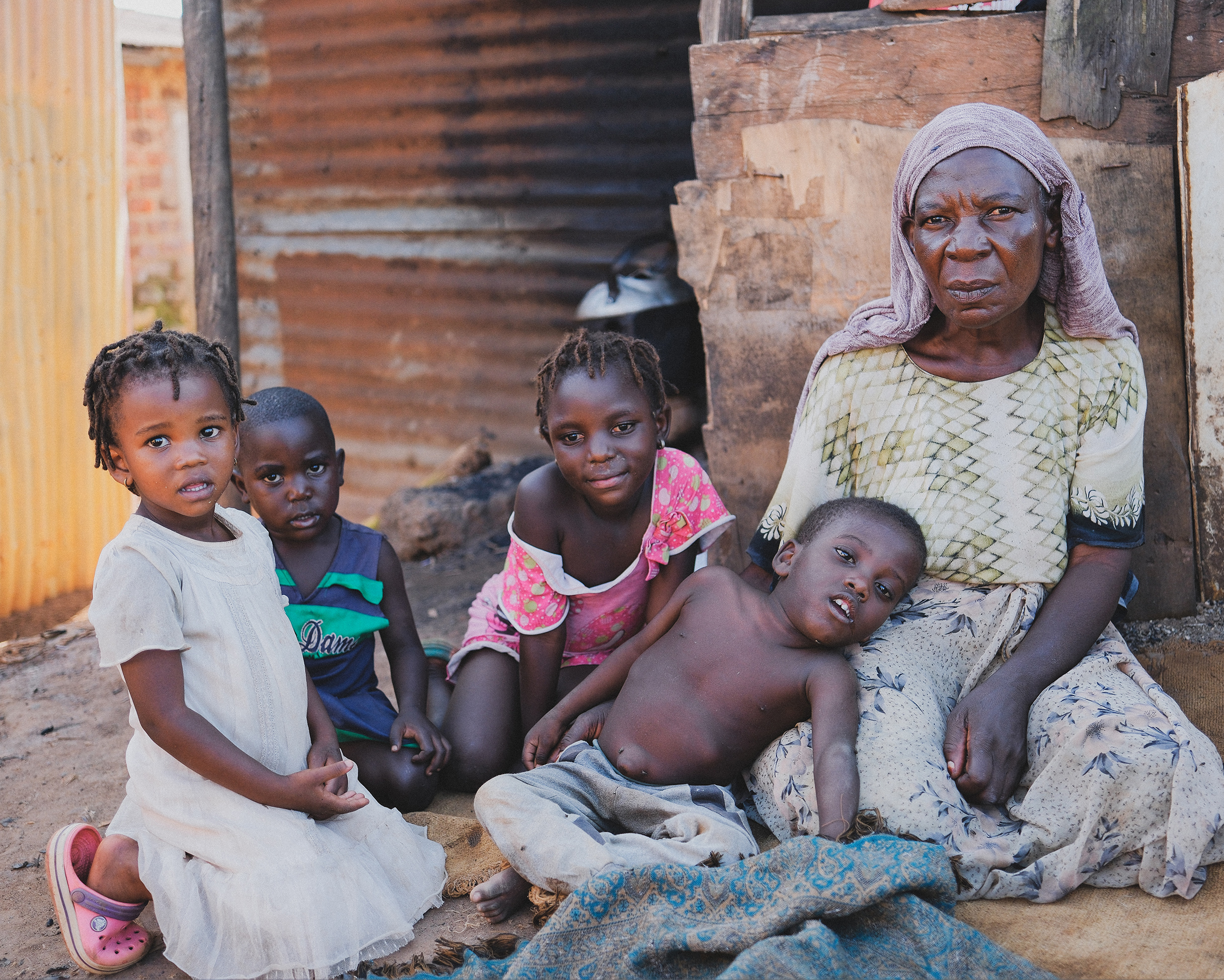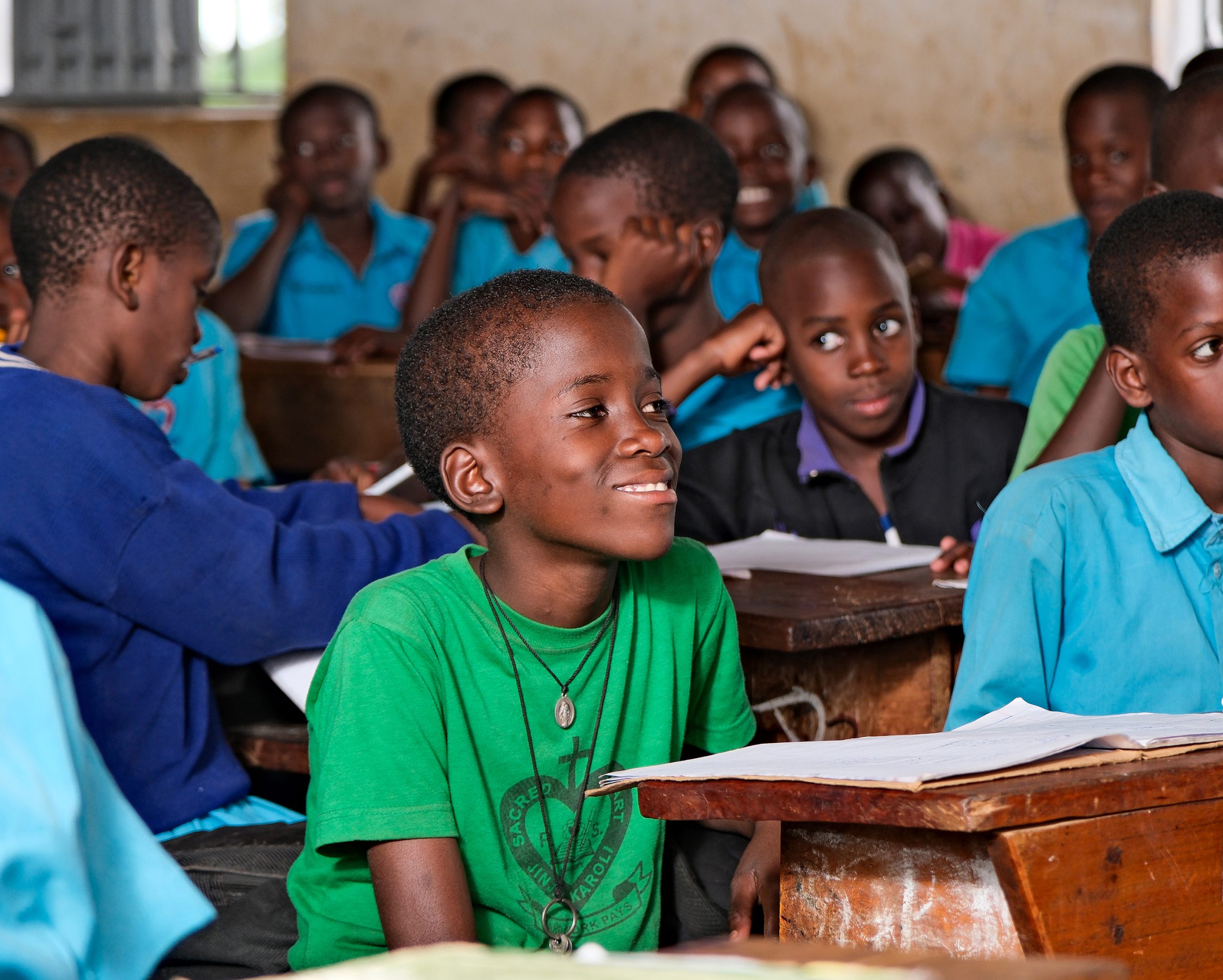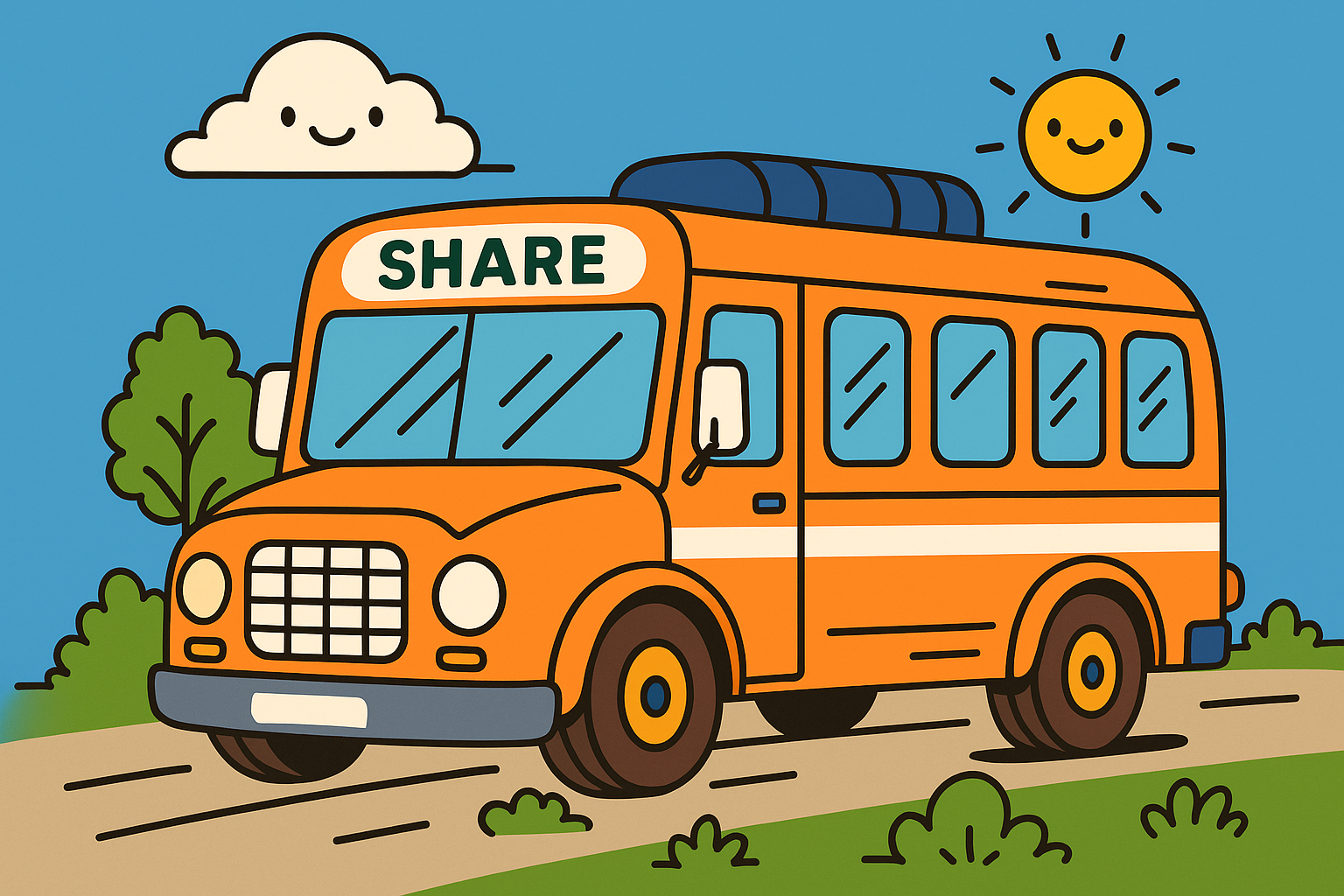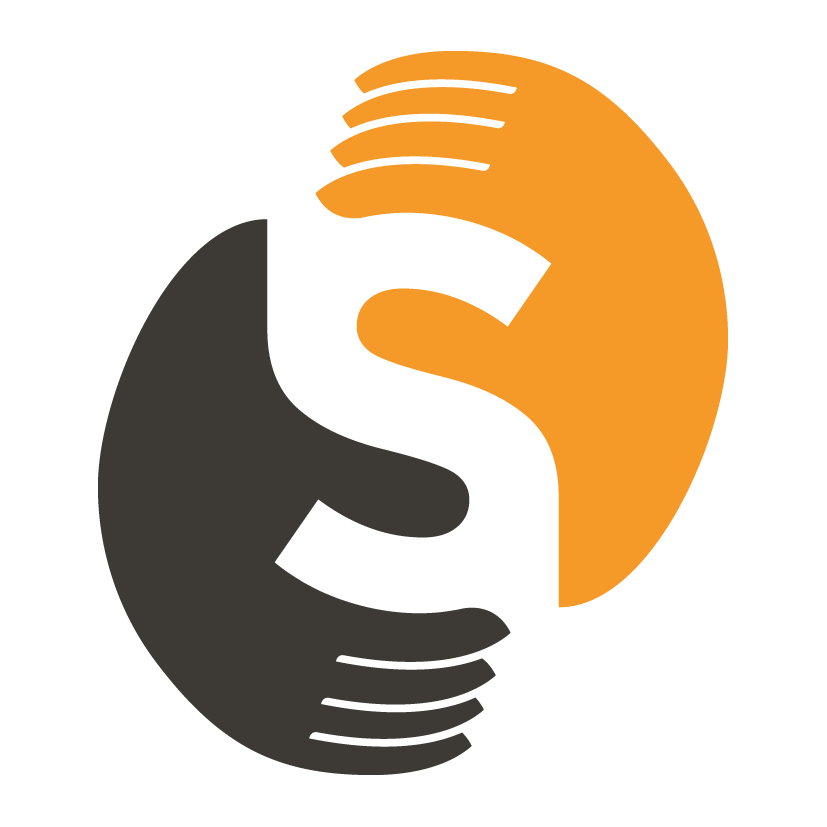SHARE stands for Spina Bifida, Hydrocephalus, Awareness, Access, Advocacy, Resources, and Empowerment. It is an international initiative by Child-Help to connect people, knowledge, and solutions across the world.
Every child deserves a fair start in life. But what if you are born with a disability into poverty?
The birth defects spina bifida and hydrocephalus disproportionately affect the poorest communities. As Dr John Mugamba, a neurosurgeon in Uganda, told Channel 4, “It is the disability of the poor.” Because there is little profit in treatment, most children are left to suffer or die.
Each year, one million new families are confronted with spina bifida and hydrocephalus. Eighty percent of them live in the Global South, where medical care is scarce. These children face preventable complications or painful deaths, yet their struggle remains invisible—a silent crisis that never makes the headlines: a hidden tsunami.
Beyond medical neglect, stigma presents another challenge. In many cultures, children with birth defects and their mothers are seen as cursed, making support even harder to find.
Child-Help was founded by people with spina bifida and hydrocephalus and their parents. We understand this reality firsthand.

Child-Help prioritises countries and communities where individuals with spina bifida and hydrocephalus face systemic barriers to healthcare and inclusion. We build on successful models and expertise from countries that have made progress, ensuring that no child is left behind.
Shared Dreams: People with spina bifida and hydrocephalus around the world share similar hopes and aspirations for their future. What would a welcoming and inclusive society look like in 2050, where a child born with spina bifida and hydrocephalus receives the support and opportunities they deserve? From Asia, through India and Africa, to Latin America, we envision that child as Dalmus. To turn this dream for Dalmus into reality, we have built networks for change in all these regions.

Our journey towards an inclusive society is represented as a bus ride, with “Dalmus” as the destination. National networks act as local buses, driving change within their countries. Everyone who steps onto the bus aligns with our mission and actively contributes to it. This includes support groups, NGOs, local professionals, caregivers, politicians, the healthcare sector, health insurers, and more.
Child-Help serves as the “International Bus” towards Dalmus 2050, providing resources, training, and expertise to keep the journey on track. That is why Child-Help created SHARE, an international network of support. S.H.A.R.E: Spina Bifida, Hydrocephalus, Access, Awareness & Advocacy, Resources, and Empowerment. This acronym captures the core of Child-Help’s mission: building a world that is accessible and equitable for all.

As a central hub, the Knowledge Centre connects and empowers national networks, facilitating resource-sharing and training. Both physical and virtual centres serve individuals and professionals at all levels, ensuring that knowledge is accessible and actionable.
Child-Help International acts as a self-help group for self-help groups; an international platform where knowledge, resources, and strategies are shared and developed.
The SHARE Knowledge Centre collaborates with global partners, including international NGOs, UN bodies, foundations, researchers, and universities, to make the Dalmus 2050 vision a reality. It develops tools, protocols, and materials to facilitate accessible care for all. It produces training and advocacy tools to lobby for change, translating global knowledge into practical solutions for the Global South. This means often doing less but doing it better.
